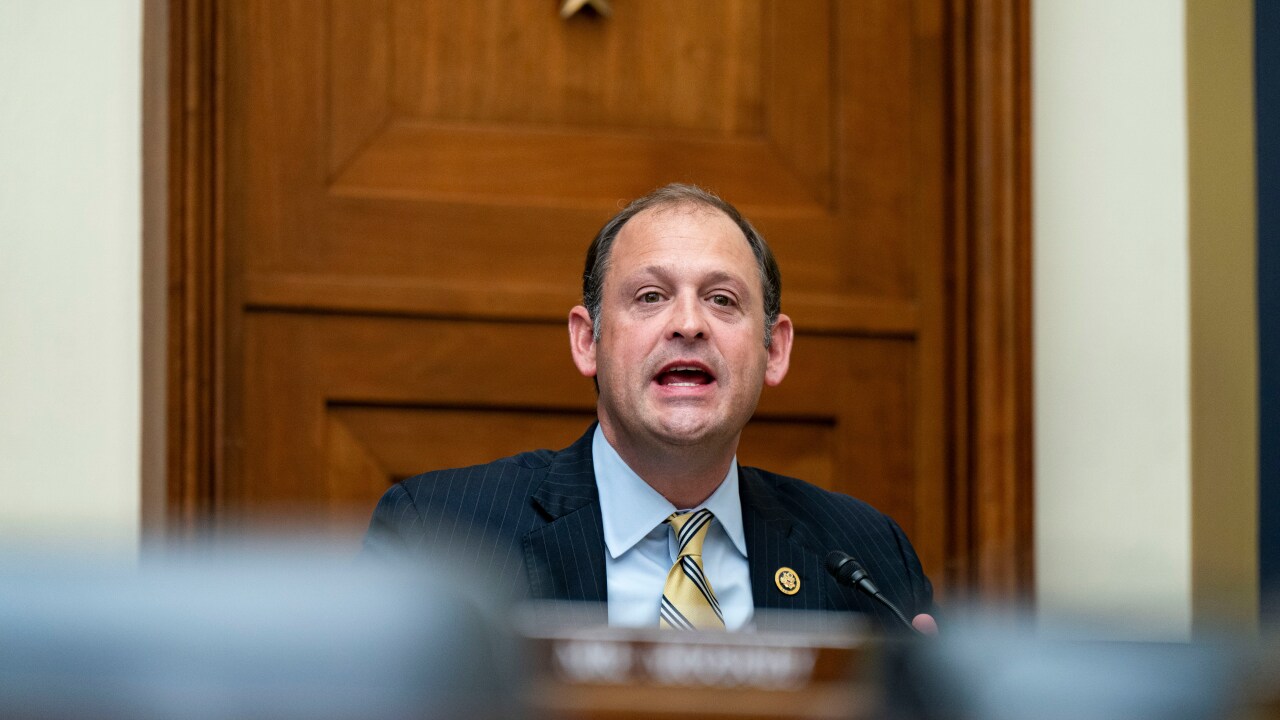CHICAGO - The Illinois State Toll Highway Authority board yesterday approved a $1.8 billion, bond-financed plan to build new interstate interchanges and add bus and ride-sharing commuter lanes - investments billed as the second phase of the $6.3 billion congestion-relief program now underway.
The interchanges will cost $1.4 billion and the commuter lanes - known as HOT lanes, for high-occupancy toll - carry a price tag of $400 million for their construction on the busiest stretches of the 286-mile toll system beginning in 2010.
The authority will repay the additional debt to be issued under a junior pledge, with higher toll revenues expected to come from an increase in the rate paid by commercial vehicles and premium rates single motorists will be charged who use the new lanes.
Buses and car pool vehicles that use the authority's electronic tolling device known as the I-PASS will pay the current rates. The authority raised rates for cash-paying vehicles and trucks in 2004 to finance the current $6.3 billion program.
A new interchange will be built on the Tri-State Tollway at Interstate 57. The current interchange at the Jane Addams Tollway on Interstate 90-290 will be rebuilt.
The plan was unveiled last month by Gov. Rod Blagojevich and authority board chairman John Mitola.
"The tollway is an economic driver for Northern Illinois and this plan is another investment in our future infrastructure," Mitola said. "We know that we can't build our way out of congestion, so both the Interchange improvements and the Green Lanes programs are innovative solutions to help us stay ahead of the regional growth we know is coming."
The new program was the subject of a series of public hearings during which some critics raised concerns over whether the new lanes would add to congestion in the standard lanes. Authority officials have countered that those concerns have not panned out in other cities which have established such lanes.
The tollway is issuing new-money debt on an as-needed basis through 2010 to finance the 12-year, $6.3 billion capital program that includes rebuilding of roads and toll plazas that are being altered to accommodate electronic tolling and relieve congestion. A new interstate highway is also being built.
It relies on $3.5 billion of bonding backed by toll revenues. The agency earlier this month sold $350 million of revenue bonds - which captured a true interest cost of 5.73% - and next year will sell $750 million in two deals, each for $375 million, in the spring and fall, according to authority spokeswoman Joelle McGinnis.
The board also was scheduled to vote yesterday on new financial advisory contracts, but that item was postponed to next month. The tollway did not use a financial adviser on its last deal but has used Scott Balice Strategies LLC and Mesirow Financial Inc. in the past.
All three rating agencies affirmed the authority's ratings in conjunction with the issue earlier this month. Fitch Ratings and Standard & Poor's rate the agency's $3.4 billion of senior debt AA-minus and Moody's Investors Service rates it Aa3.
Moody's said its rating reflects "the authority's history of healthy debt service coverage and operating reserve levels, the authority's status as an essential component of the Chicago area's transportation network, increased revenue concentration in commercial traffic."
Debt service coverage was 2.4 times in fiscal 2007 and the tollway benefits from available cash and investments equal to $1.1 billion with unrestricted cash and investments at $448 million last year. Coverage ratios are expected to remain at least 2 times on senior-lien bonds.
The authority's challenges include managing a significant capital program and the potential impact of high fuel prices and the recession on toll revenues.
"The rating also incorporates the potential for stagnant traffic growth in the near term given the weakening economic conditions ... as well as ongoing volatility of fuel prices," Fitch wrote in a warning that the authority might be overly optimistic in its toll revenue projections.
Fitch also expressed some concern over the agency's financing costs due to its $1.7 billion floating-rate portfolio and the fact that about $400 million is being held by liquidity providers following failed remarketings.
The authority has 11 interest-rate swaps that cover all of its floating-rate debt. Moody's said the swaps pose minimal risk to the credit. It is not required to post collateral, and termination risk is remote because the counterparties or authority would have to be downgraded to junk-bond status.
Moody's, however, noted that in the case of the 1998 swap agreements, termination may be triggered by a downgrade of the authority or counterparties below A3 or a downgrade of the bond insurer, Financial Security Assurance, below Aa3. "An unexpected termination of this swap could result in a drain on its strong liquidity position," analysts wrote of the tollway.





